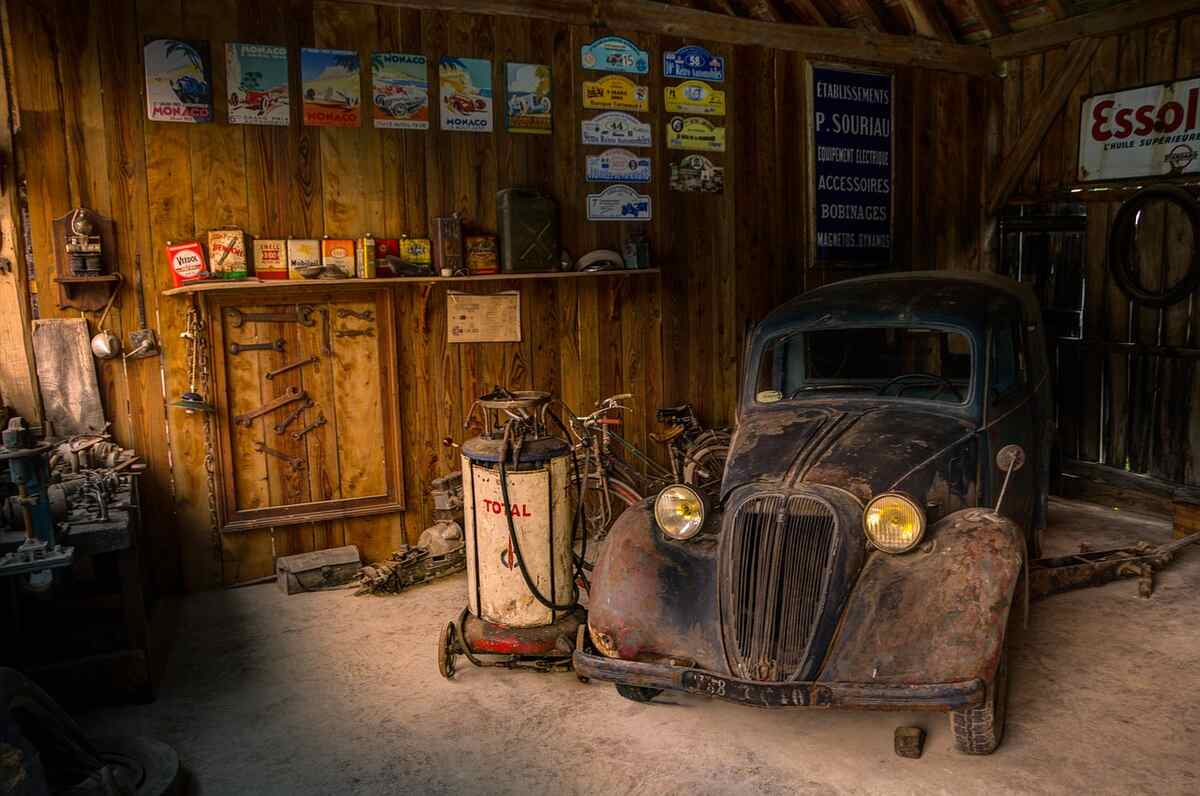Commercial Vehicle Parts: The Backbone of Business Mobility
Introduction
Commercial vehicles are the workhorses of various industries, from transportation and logistics to construction and agriculture. A well-maintained supply of commercial vehicle parts is crucial to keep these vehicles running efficiently and safely. In this article, we’ll delve into the world of commercial vehicle parts, exploring their significance, types, and how they play a pivotal role in ensuring the reliability and performance of commercial vehicles.
1. Significance of Commercial Vehicle Parts
Commercial vehicles, such as trucks, vans, buses, and heavy equipment, are the lifeblood of countless businesses. They are responsible for transporting goods, materials, and people, making them indispensable for economic activities. The significance of commercial vehicle parts lies in their ability to ensure the continued operation of these vehicles, minimizing Downtime and maximizing productivity.
2. Types of Commercial Vehicle Parts
Commercial vehicle parts encompass various components, each serving a specific function. Some of the most critical types include:
a. Engine Parts: These include pistons, cylinders, gaskets, and fuel injectors, which are essential for propulsion.
b. Transmission Parts: Transmission parts, such as gears, clutches, and torque converters, control the power and speed of the vehicle.
c. Suspension and Steering Components: These parts, including shocks, struts, ball joints, and tie rods, affect the vehicle’s ride quality and handling.
d. Brake Components: Brakes are vital for safety. Brake pads, rotors, drums, and calipers require regular maintenance and replacement.
e. Electrical and Lighting Components: These parts, such as batteries, alternators, starters, and bulbs, ensure the vehicle’s electrical system functions correctly and can be seen on the road.
f. Exhaust and Emission Parts: These components help manage emissions and the vehicle’s overall environmental impact.
g. Fuel System Parts: Fuel filters, pumps, and injectors are critical for delivering clean fuel to the engine.
h. Cooling System Parts: Radiators, hoses, and thermostats help regulate engine temperature.
i. Cabin Comfort Components: In buses and trucks, cabin comfort parts like air conditioning units and seats are essential for the comfort of drivers and passengers.
3. Maintenance and Replacement
Regular maintenance and replacement of commercial vehicle parts are essential to ensure the vehicle’s reliability and longevity. Neglecting maintenance or using low-quality replacement parts can lead to breakdowns, costly repairs, and even accidents. Fleet managers and operators often follow maintenance schedules to inspect, repair, or replace components as needed to keep vehicles in optimal condition.
4. Quality Assurance and Compliance
Commercial vehicles must adhere to strict safety and emissions standards. Using high-quality, certified parts is crucial to compliance and ensuring that vehicles operate safely and efficiently. Trusted suppliers and manufacturers of commercial vehicle parts often undergo rigorous quality control processes to meet these standards.
5. Minimizing Downtime
For businesses that rely on commercial vehicles, Downtime is a significant concern. It results in lost revenue, missed deadlines, and increased operational costs. Timely maintenance and reliable parts can help minimize Downtime, keeping vehicles on the road and income flowing.
6. Cost-Efficiency
While investing in quality commercial vehicle parts may seem expensive upfront, it can lead to long-term cost savings. Reliable features reduce the frequency of breakdowns and the need for costly emergency repairs. They also contribute to improved fuel efficiency, resulting in substantial savings over time.
Conclusion
Commercial vehicle parts are the unsung heroes that keep businesses moving. They are critical in ensuring commercial vehicles’ safety, reliability, and efficiency in various industries. Companies prioritizing quality, maintenance, and compliance with safety and environmental standards can benefit from reduced Downtime, improved cost-efficiency, and a more decisive competitive edge in the marketplace. As commercial vehicles evolve, so will the importance of dependable and high-quality parts in sustaining the backbone of business mobility.
Check out CV Hubs & Bearings
Read Also: Just What Hybrid Car?


